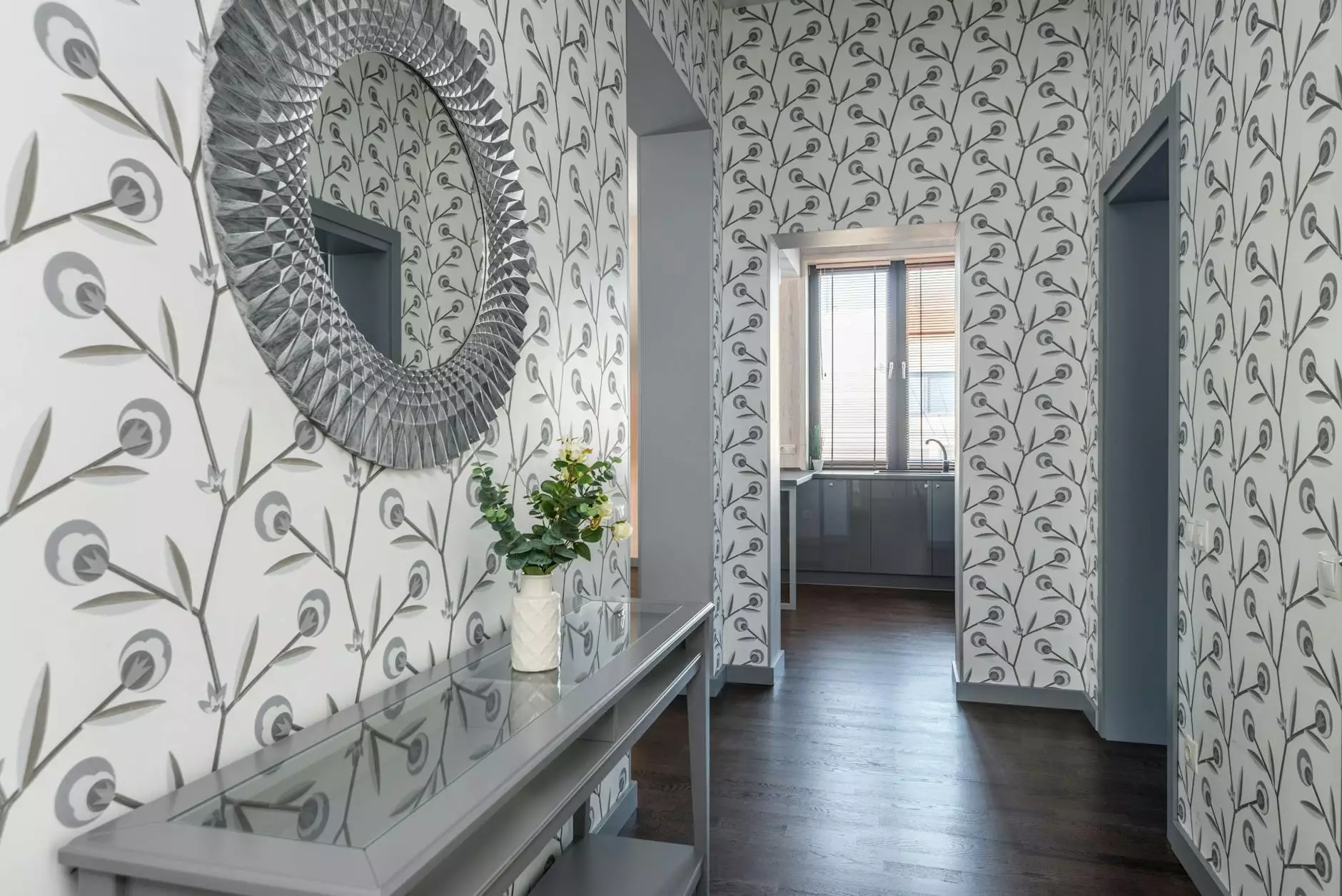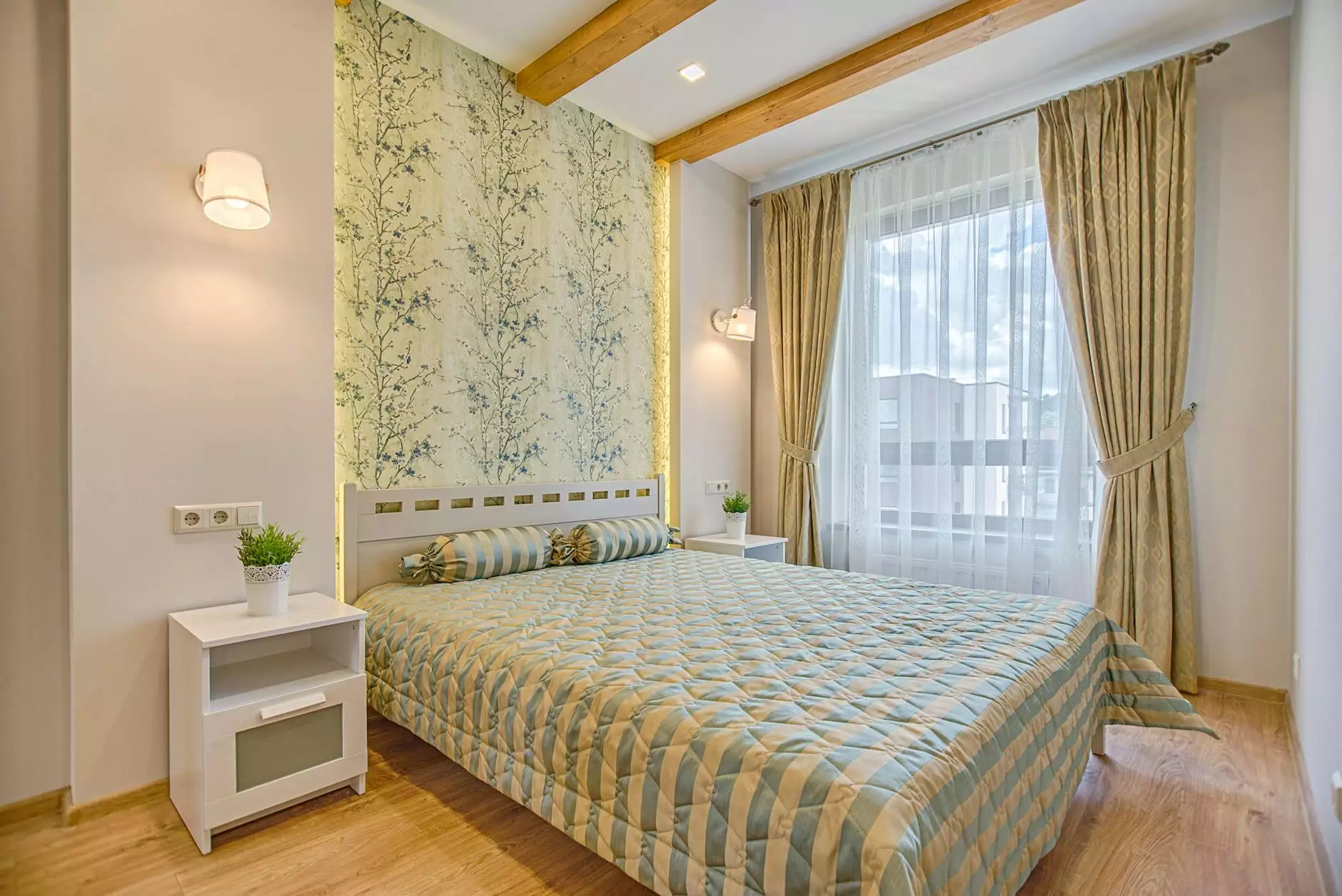Swimming Pool Plaster: The Ultimate Guide for Pool Renovation

In the world of swimming pool maintenance and renovation, one term that frequently comes up is swimming pool plaster. This essential component not only enhances the aesthetic appeal of your pool but also provides durability and longevity. At Pool Renovation, we understand the importance of using quality materials combined with expert workmanship, ensuring your swimming pool remains a beautiful oasis for years to come.
What is Swimming Pool Plaster?
Swimming pool plaster refers to the finishing layer applied to the interior surfaces of a swimming pool. This layer consists of a mixture of cement, sand, and a variety of additives that enhance its strength and durability. The plaster not only seals the pool structure but also plays a crucial role in determining the overall appearance and feel of the pool.
The Importance of Selecting the Right Swimming Pool Plaster
Choosing the right type of plaster is critical for various reasons:
- Durability: Quality plaster can withstand chemical treatments and the constant exposure to water.
- Finishing: Different finishes can give your pool a distinct look, adding to the overall value of your property.
- Safety: The right plaster can provide a slip-resistant surface, enhancing safety for swimmers.
- Cost-Effectiveness: Investing in good quality plaster reduces the frequency of renovations and repair costs.
Types of Swimming Pool Plaster
There are several types of swimming pool plaster, each with unique characteristics and benefits. Here are some of the most common types:
1. Traditional White Plaster
Traditional white plaster, made from a mixture of cement and white marble dust, is one of the most familiar types of pool plaster. It offers a classic look and is cost-effective. However, it may require more maintenance and tends to discolor over time.
2. Colored Plaster
Colored plaster is similar to traditional plaster but incorporates pigments to achieve various hues. This type of plaster offers a unique aesthetic appeal and can enhance the overall look of your pool. It also comes in different shades, allowing for personalization.
3. Aggregate Plaster
Aggregate plaster includes the addition of small stones, such as quartz or pebbles, to provide a richer texture and more visual interest. This type of plaster is more durable and resistant to wear, making it a favorite among many pool owners.
4. Quartz Plaster
Quartz plaster is a blend of cement, quartz aggregates, and polymers, offering a hybrid finish that is both beautiful and resilient. It has a non-slip surface and is less prone to staining, making it a practical choice for families.
5. Pebble Plaster
Pebble plaster features larger stones and offers the most luxurious finish. Its texture is visually appealing, and it provides a natural look that blends well with landscaping. This option tends to be more expensive but can significantly enhance your pool's aesthetic.
Installation Process of Swimming Pool Plaster
The installation of swimming pool plaster is a meticulous process that requires expertise. Here’s a detailed outline of what to expect during the installation:
Step 1: Preparation
The first step involves remodeling the pool surface. This may require draining the pool and scraping off old plaster and debris. Proper surface preparation is essential for the new plaster to adhere correctly.
Step 2: Mixing the Plaster
Once the surface is ready, the plaster must be mixed. The mixing process requires precision and the right proportions of water, cement, and aggregates to ensure a smooth consistency.
Step 3: Application of Plaster
Skilled professionals apply the plaster mixture to the pool's surface in a systematic way. The application usually occurs in sections to ensure a uniform look and feel.
Step 4: Finishing Touches
After applying the plaster, a finishing tool is used to smooth the surface and create a visually appealing finish. This is a crucial step as it affects both the appearance and texture of the pool.
Step 5: Curing Process
The curing process for swimming pool plaster is vital as it helps in achieving optimal hardness and durability. It generally takes several days, during which the pool must remain filled with water to ensure the plaster sets properly.
Maintaining Your Swimming Pool Plaster
To ensure the longevity of your swimming pool plaster, proper maintenance is essential. Here are some tips for keeping your plaster in top condition:
- Regular Cleaning: Use a pool brush to clean the surfaces frequently, removing algae and debris. This helps maintain the plaster’s appearance and prevents rough spots.
- Balanced Water Chemistry: Maintaining the right pH, alkalinity, and chlorine levels is crucial. Poor water chemistry can lead to etching and staining of the plaster.
- Inspect for Damage: Regularly inspect the plaster for cracks, chips, or discoloration. Early attention can prevent more significant repair costs in the future.
- Professional Maintenance: Consider hiring professionals for annual inspections and necessary repairs to keep your swimming pool in optimal condition.
Common Issues with Swimming Pool Plaster
Despite its durability, swimming pool plaster can face some common issues that pool owners should be aware of:
- Staining: Over time, plaster can become stained due to minerals in the water, overuse of chemicals, or organic matter. Regular cleaning and balancing water chemistry can help mitigate this.
- Etching: Harsh chemicals can cause etching, resulting in rough or pitted surfaces. It’s crucial to use appropriate chemicals and maintain balanced water to avoid this issue.
- Cracking: Factors such as ground movement, improper installation, or poor curing can lead to cracks in the plaster. It’s essential to address cracks promptly to prevent further damage.
Why Choose Pool Renovation for Your Swimming Pool Plaster Needs?
At poolrenovation.com, we pride ourselves on our extensive experience in pool renovation, including plastering services. Here’s why you should choose us for your next swimming pool plaster project:
- Expertise: Our team consists of skilled professionals with extensive knowledge in swimming pool renovation and plastering.
- Quality Materials: We utilize only the highest quality materials to ensure a long-lasting finish for your pool.
- Custom Solutions: We offer a variety of plaster options, allowing you to select the perfect finish for your pool.
- Outstanding Customer Service: Our commitment to customers means we prioritize clear communication and satisfaction throughout the project.
Conclusion
In conclusion, swimming pool plaster plays a crucial role in enhancing the functionality and beauty of your swimming pool. By understanding the types of plaster available, the installation process, maintenance tips, and potential issues, you can make informed decisions that will help maintain your pool in optimal condition. Trust Pool Renovation for all your swimming pool needs, and experience the difference that quality workmanship can make.









